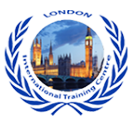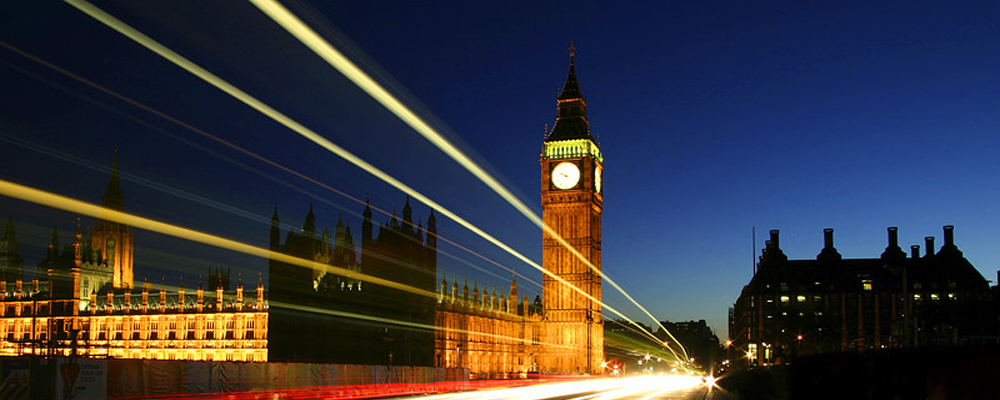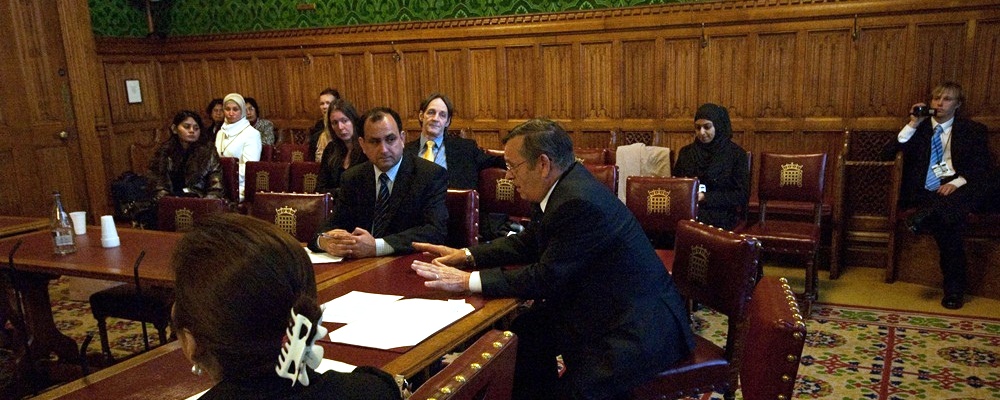Welcome to London International Training Centre
London International Training Centre is committed to build the capacities of deprived communities and empowering them to harness their true human, social and economic potential for an improved quality of life.
The institute aims to reduce poverty prevailing among the rural masses through a variety of training programes. LITC also focuses on building a strong team of development professionals not only within the NGOs but across the Globe including government staff, elected members of the local bodies, civil society and corporate sector to ensure that they have clear understanding of development objectives methodologies. To reach the ultimate goal of poverty reduction LITC aims to:
- Enhance human productivity
- Reduce poverty
- Conservation of environment
- Upgrading the technical and managerial skill of poor masses.
- Efficient use of local resources and reduce dependency on external resources
- Innovate and develop courses to meet evolving community and staff needs
- Strengthen local infrastructure to support economic growth
-

UNAIDS & WORLD BANK ACTION FOR EXTREME POVERTY
During a high-level meeting and discussions in Washington last week, UNAIDS and the World Bank Group endorsed four areas of action to accelerate efforts that address the interrelated challenges of AIDS, inequality and extreme poverty.
-
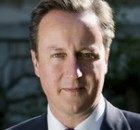
WORLD ECONOMICS FORUM (DAVOS) 2014 SPEECH BY DAVID CAMERON
The Prime Minister made a speech on the opportunities of reshoring at the World Economic Forum (Davos) 2014. The key challenge for politicians and business leaders in Europe is how we make a success of globalization.
-
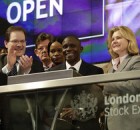
UK WILL FOCUS ON FRONTIER ECONOMIC DEVELOPMENT : JUSTINE GREENING
Britain will more than double its investment in growing emerging frontier economies to end their dependency on aid, International Development Secretary Justine Greening has announced.
-

MILLENNIUM DEVELOPMENT GOALS
2014 is a defining moment in the MDG timeline, with countries focusing efforts towards accelerating progress while at the same time drawing lessons from their MDG experience to help shape the post-201
-
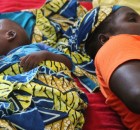
UN SEEKS $ 2 BILLIONS IN INTERNATIONAL AID FOR AFRICA SAHEL REGION
The United Nations and its global humanitarian partners today appealed for $2 billion on behalf of some 20 million people desperate for food in Africa’s Sahel region, where violence and insecurity has created protracted internal displacement and where population growth is outstripping food production.
-
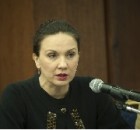
The European Commission and the World Bank will provide EUR 1Billions
The European Commission and the World Bank will provide EUR 1B to boost female entrepreneurship, Bulgaria's MEP Antoniya Parvanova announced.
-
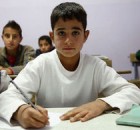
William Hague and Justine Greening issue joint statement
Foreign Secretary William Hague and International Development Secretary Justine Greening
-
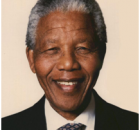
Make Poverty History
Like slavery and apartheid, poverty is not natural. It is man-made and it can be overcome and eradicated by the actions of human beings."
-
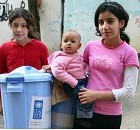
Help Syrian and Lebanese in Host Communities Get Medical Care.
The ongoing conflict in Syria has caused close to one million people to flee to neighboring Lebanon. In a country with a population of little over 4 million, this influx is threatening the already existing infrastructure, and putting enormous pressure on social services, such as healthcare.
-
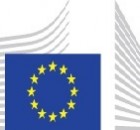
Environment: Experts meet to discuss how to better fight wildlife trafficking in the EU and globally
Following an invitation by the European Commission, 170 experts met today in Brussels to discuss how the EU can better fight wildlife trafficking.
-
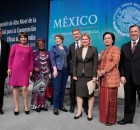
Global leaders pledge new actions to boost development co-operation in Mexico
Thirty-eight new initiatives were launched by governments, business, private foundations and civil society to push forward effective development co-operation at the first High-Level Meeting of the Global Partnership.
-
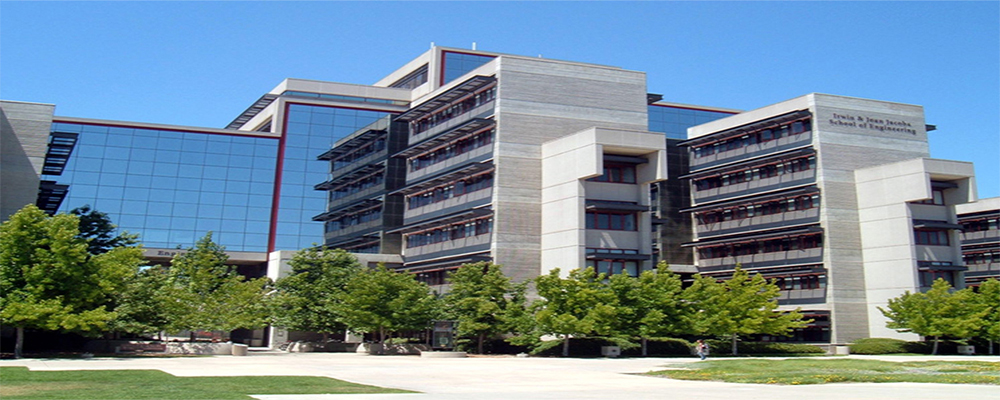
Mauritius accelerates towards a low-carbon economy, launches US$ 191 million project
The Republic of Mauritius has launched a US$191 million project supported by the Green Climate Fund (GCF) and the United Nations Development Programme (UNDP). The project aims to reduce fossil fuel imports and accelerate the nation’s shift to a low-carbon economy over a period of 20 years. The 8 year project will support national goals to increase renewable energy to 35 percent of the energy mix by 2025 and reduce carbon dioxide output by 4.3 million tons. It is a key step in achieving the country’s Nationally Determined Contributions to the Paris Agreement and supporting continued economic growth..
